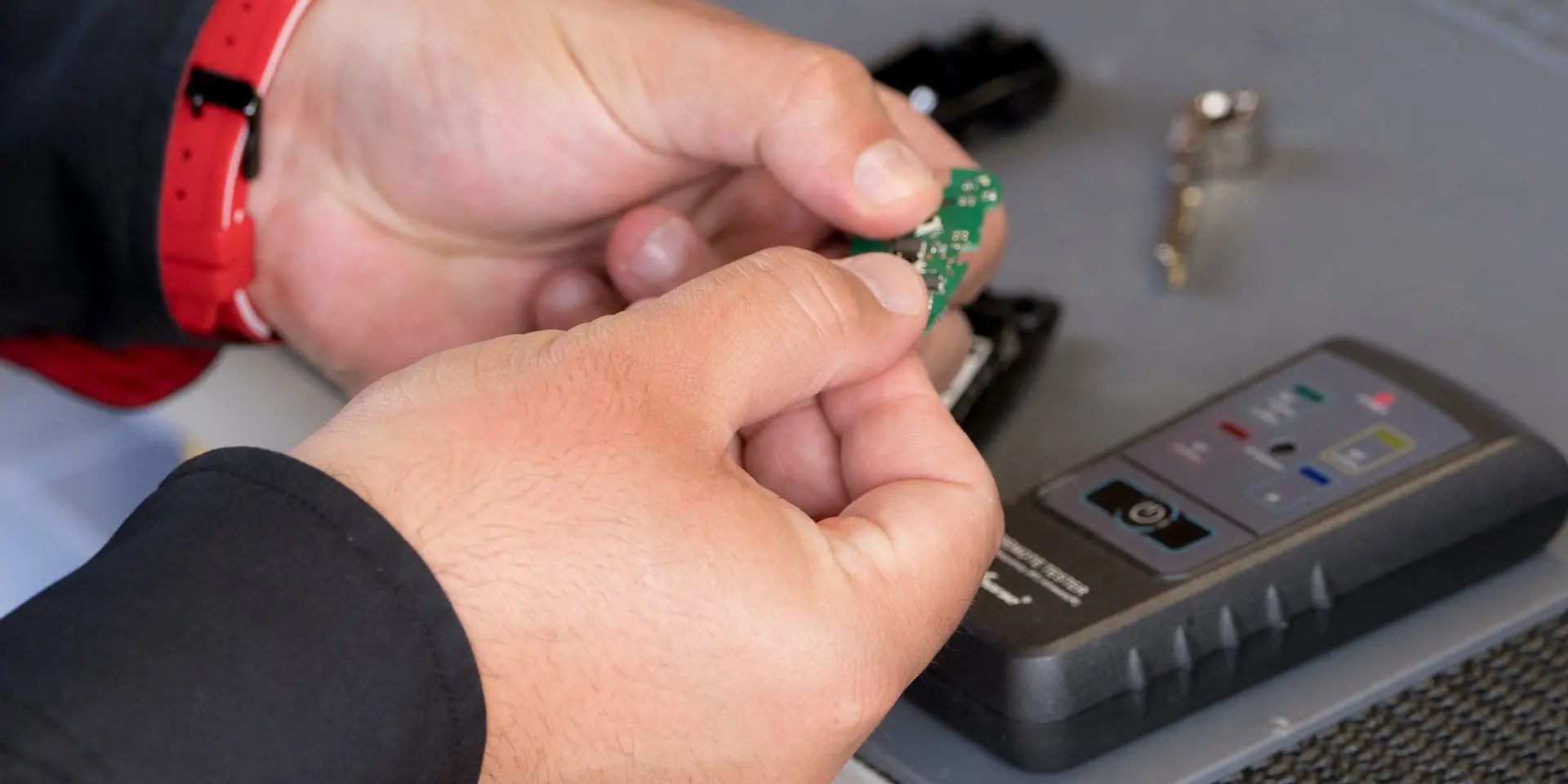5 Killer Quora Answers To Broken Key Repair
페이지 정보

본문
Broken Key Repair: Solutions for Common Lock Issues
Introduction
Keys are important tools in our lives, permitting us to protect our homes, lorries, and individual belongings. Nevertheless, they can also break, resulting in frustrations and inconveniences. Understanding how to resolve broken key issues is important for anybody desiring to keep their locks and guarantee access to their property. This article covers various aspects of broken key repair, including common causes, repair methods, and preventive procedures to avoid future circumstances.
Common Causes of Broken Keys
Keys can break for numerous factors. Understanding these causes can help in avoiding future incidents:
- Wear and Tear: Over time, keys can wear down due to regular usage, leading to weakened shafts that are more most likely to break.
- Poor Key Design: Keys that are inadequately created may do not have structural stability, making them more prone to breaking under stress.
- Incorrect Key Usage: Using extreme force to turn a key, particularly in a jammed lock, can quickly result in a damage.
- Ecological Factors: Extreme temperature levels or exposure to moisture can damage metal keys, resulting in brittleness.
- Lock Malfunctions: A malfunctioning lock can place undue tension on a key, triggering it to snap throughout operation.
Indications of a Broken Key
Determining a broken key frequently features apparent signs. Here are some indications:
- Partial insertion into the lock: If the key can not be fully inserted or eliminated.
- Sudden resistance: If the key feels stuck when being turned.
- Noticeable divides or fractures: Inspecting the key can expose fractures or breaks in the metal.
- Incomplete engagement: The key might turn less than required to activate the lock.
Approaches for Broken Key Repair
When confronted with a broken key, there are numerous methods to think about for repair. It is vital to pick the ideal one based upon your particular situation.
1. Eliminate the Broken Key
If a key breaks within a lock, the first action is to eliminate the broken part:
- Use tweezers or needle-nose pliers: If a piece is protruding of the lock, carefully pull it out.
- Place a key extractor tool: This customized tool can assist extract lodged parts better.
| Tool | Best Used For |
|---|---|
| Tweezers | Shallow extraction |
| Key extractor tool | Deeply trapped key pieces |
| Lube spray | Alleviating extraction of stuck parts |
2. Superglue Method
For circumstances where a key has partially broken however is undamaged enough to remain gripped, the superglue method might use a momentary fix.
- Clean the broken surfaces completely.
- Apply a thin layer of superglue.
- Hold the pieces together for a few minutes until the glue sets.
Keep in mind: This method is not a long-term service and ought to be utilized with care as the repair can quickly stop working under functional stress.
3. Metal Epoxy
For a more robust repair, metal epoxy supplies a stronger bond than superglue.
- Follow the instructions on the epoxy product packaging for preparing the adhesive.
- Apply to the broken location and hold till set (normally a couple of hours).
4. Duplicate the Key
In instances where lock functionality is important, producing a duplicate key is frequently the best route:
- Visit a locksmith: Many locksmiths can replicate keys rapidly and efficiently.
- Utilize a key-tracing service: Some locksmith professionals use tracing techniques to cut an identical key based on the remnants.
5. Lock Replacement
When keys repeatedly break, it may be due to lock issues rather than key stability. In such cases:
- Consult a locksmith to evaluate the lock's condition.
- Think about replacing the lock completely if significant damage or wear appears.
Preventing Key Breakage
Preventing key damage is typically much better than repair. Here are some practical pointers:
- Limit force on keys: Always turn keys gently to prevent unnecessary stress.
- Regular key examination: Check for wear and replace keys showing indications of damage.
- Use a keychain: Prevent excessive bending by utilizing a sturdy keychain.
- Lube locks: Ensure locks operate efficiently to minimize pressure on keys.
- Store keys appropriately: Avoid positioning type in environments that can cause rust or corrosion.
FAQs About Broken Key Repair
1. Can I repair a broken key myself?
Yes, you can try to repair a broken key yourself using methods like the superglue or metal epoxy methods. Nevertheless, these are short-term repairs, and it is a good idea to seek advice from an expert locksmith for a more long lasting solution.
2. Is it worth repairing a broken key?
Sometimes, specifically with emotional or distinct keys, a repair might be worth it. For basic keys, replication or replacement is usually more efficient and trustworthy.
3. How can I prevent my keys from breaking?
To prevent breakage, guarantee that keys are exempt to excessive force, regularly examine them for wear, and keep locks properly maintained.

4. When should I look for a locksmith's help?
If you are unable to eliminate a broken key from a lock or if the lock malfunctions regularly, it's finest to look for a locksmith's knowledge.
Broken keys can present a considerable trouble, however they are workable with the best approach. By comprehending the common causes and available repair approaches, individuals can respond successfully to key damage. Drawing from preventive steps will also help preserve key stability and performance. Eventually, a proactive method to key and lock maintenance can substantially lower the frequency of these bothersome issues.

- 이전글7 Simple Strategies To Totally Intoxicating Your Can You See A Psychiatrist Privately 25.07.25
- 다음글What's The Reason? Fireplaces Is Everywhere This Year 25.07.25
댓글목록
등록된 댓글이 없습니다.
